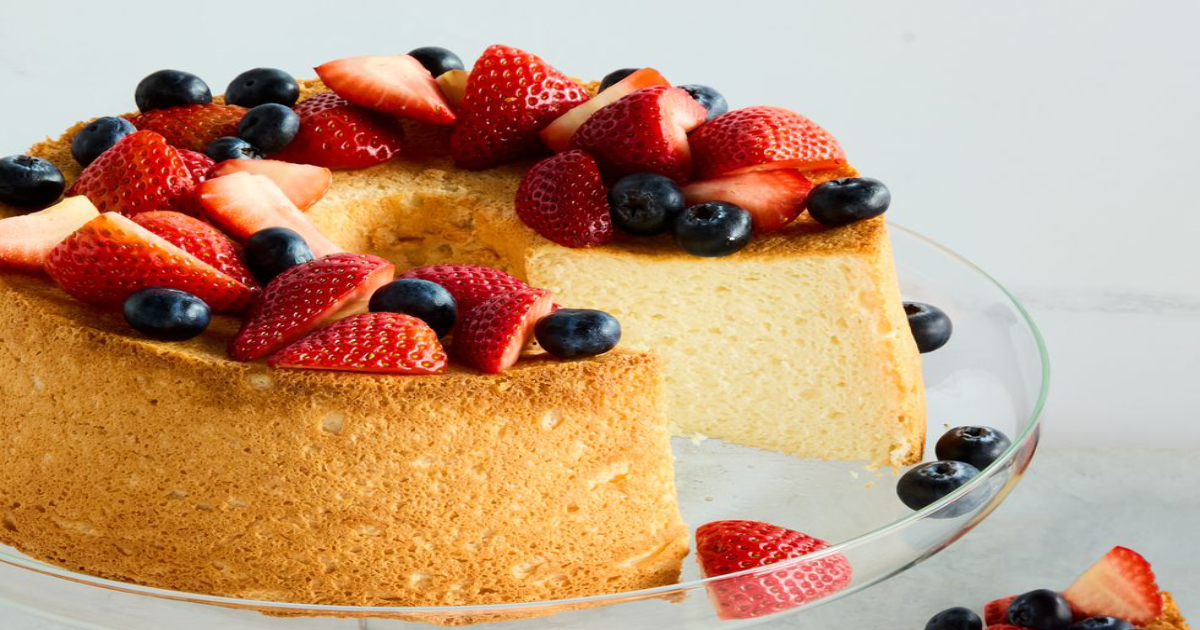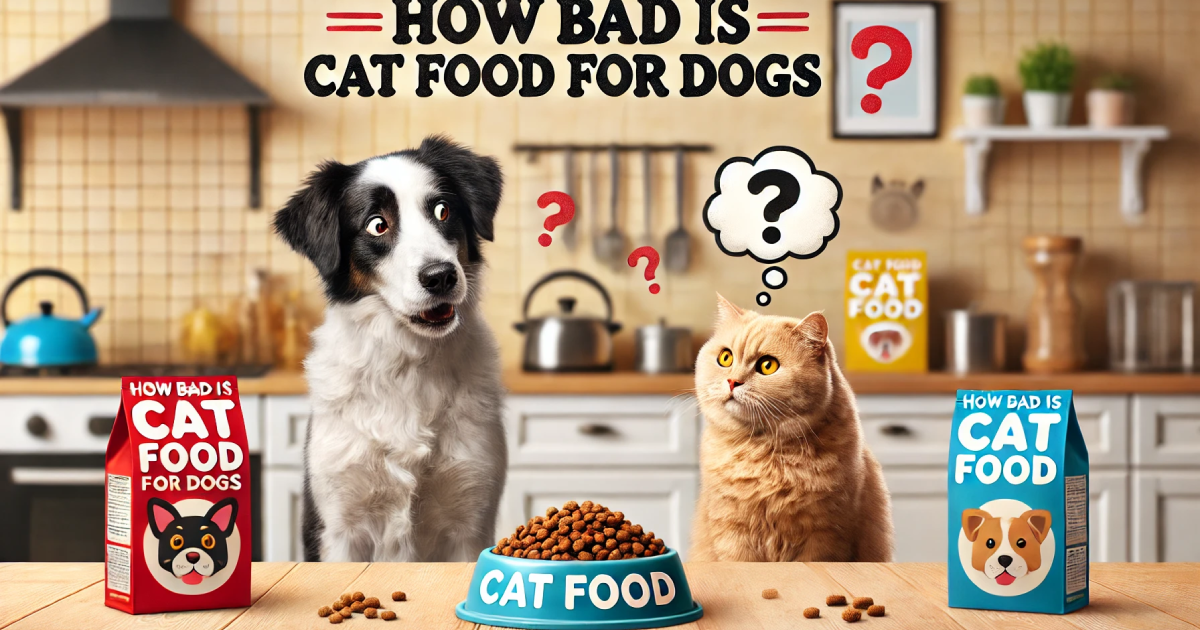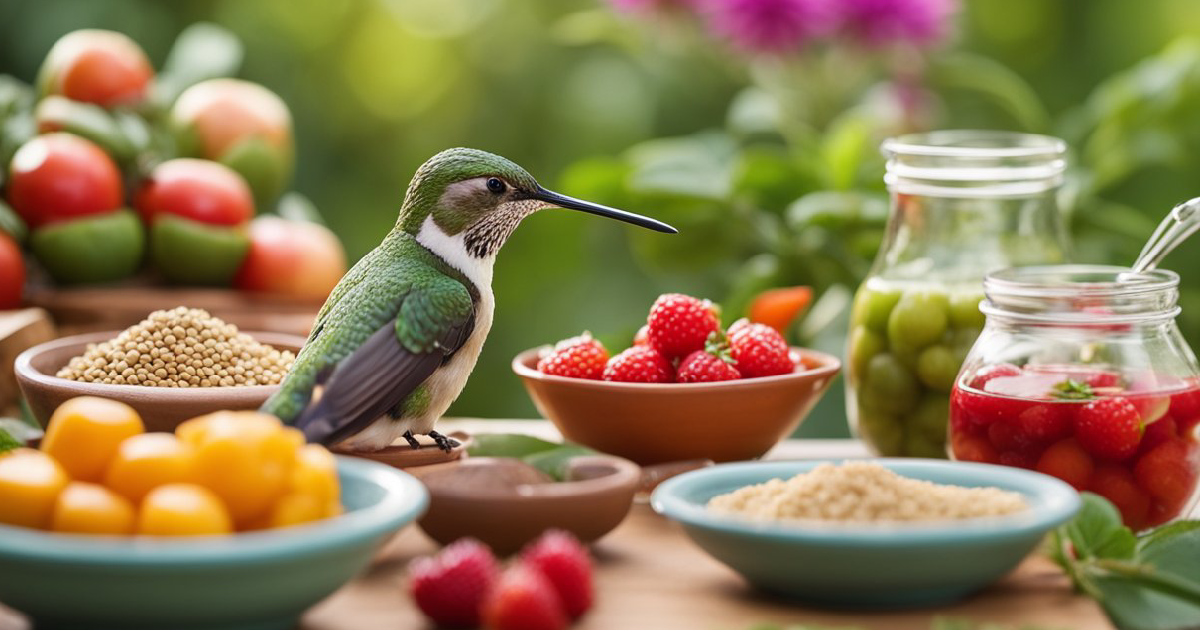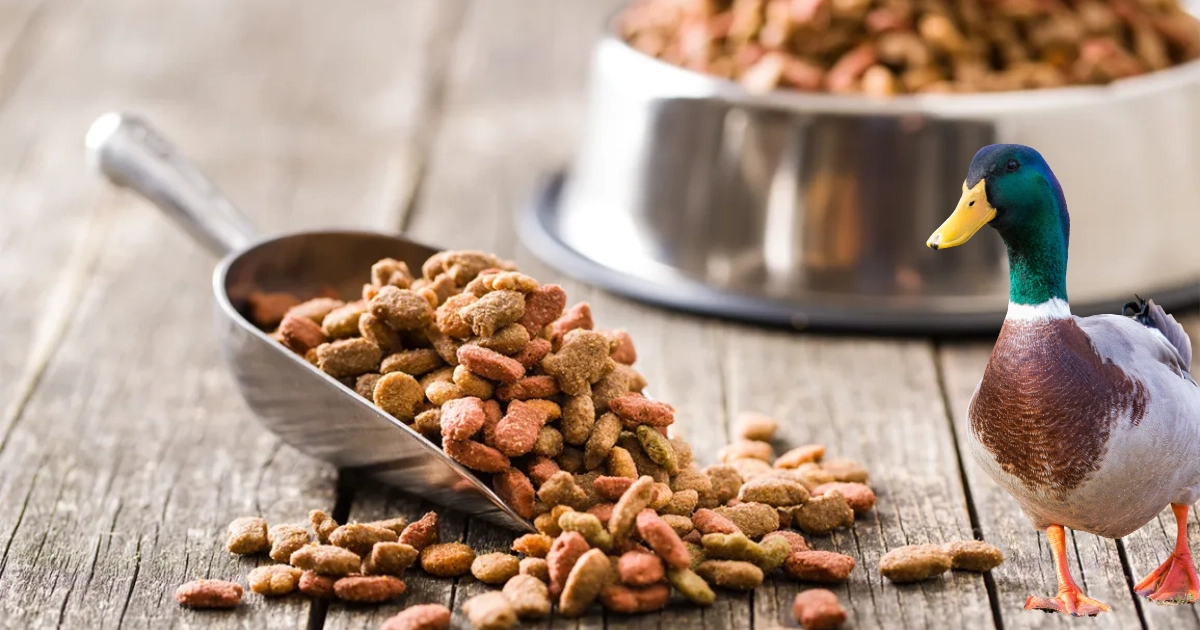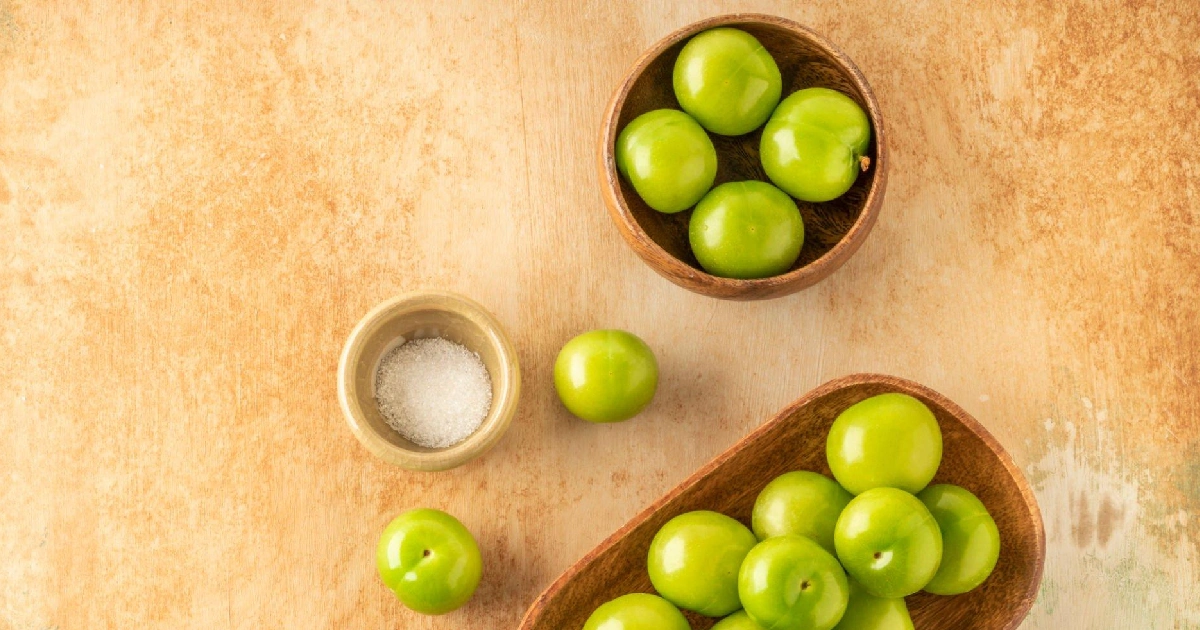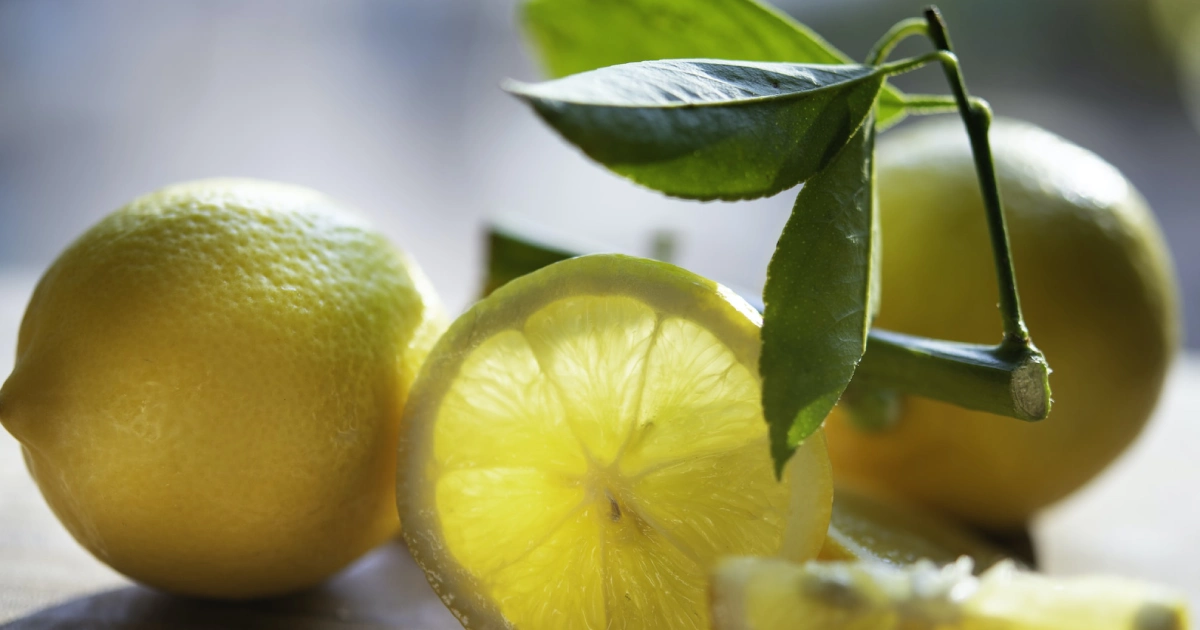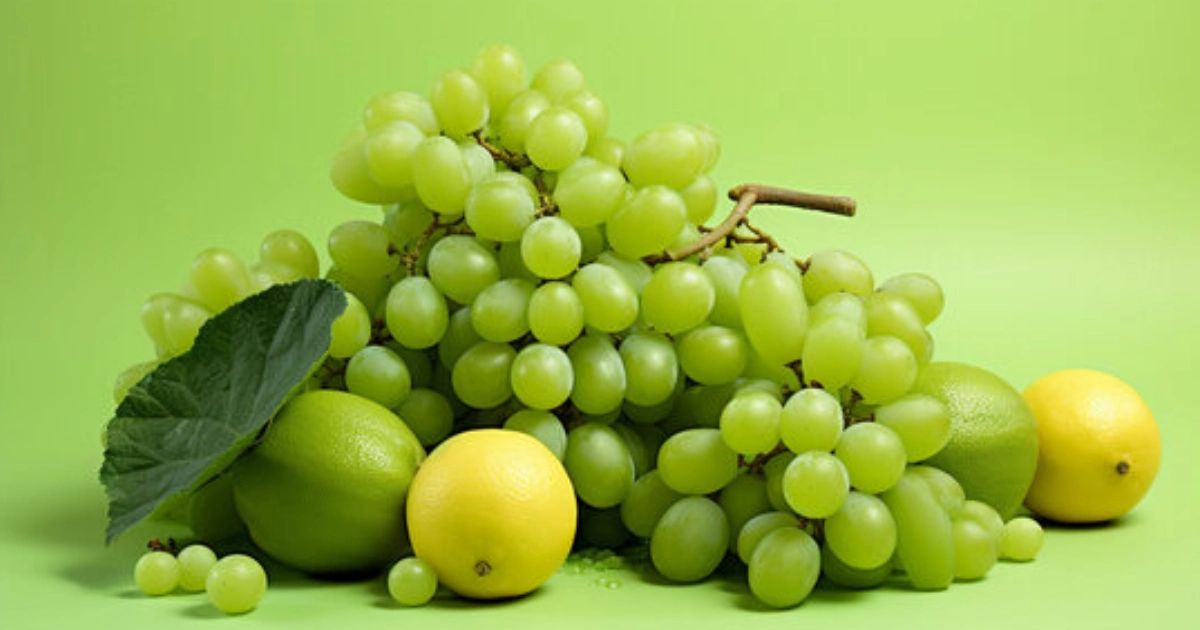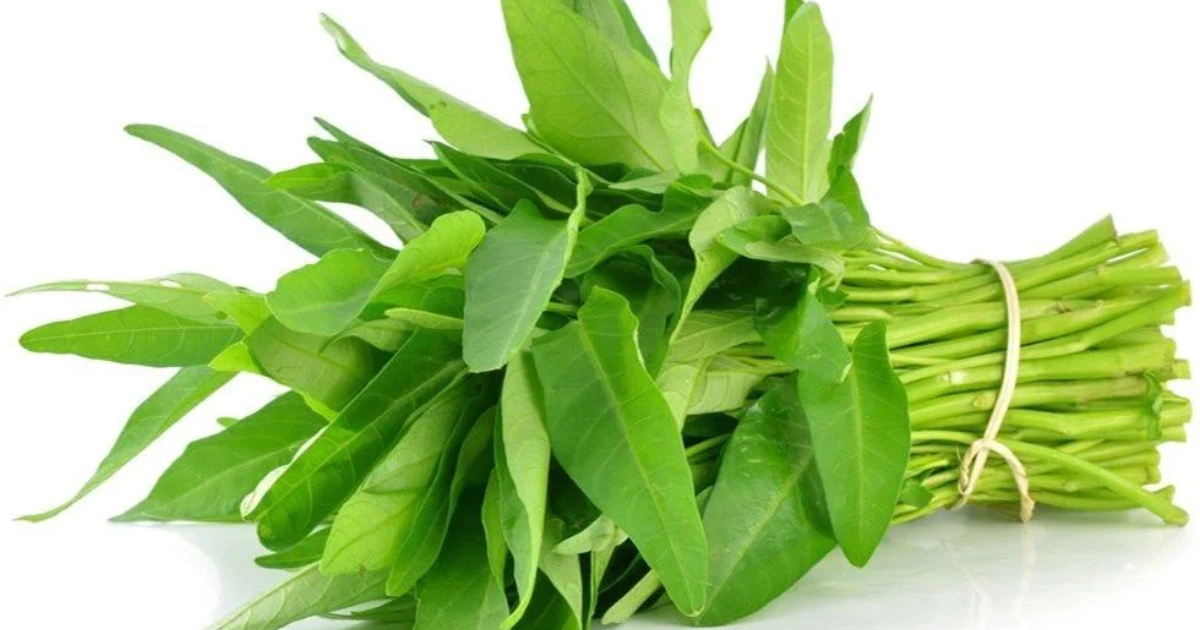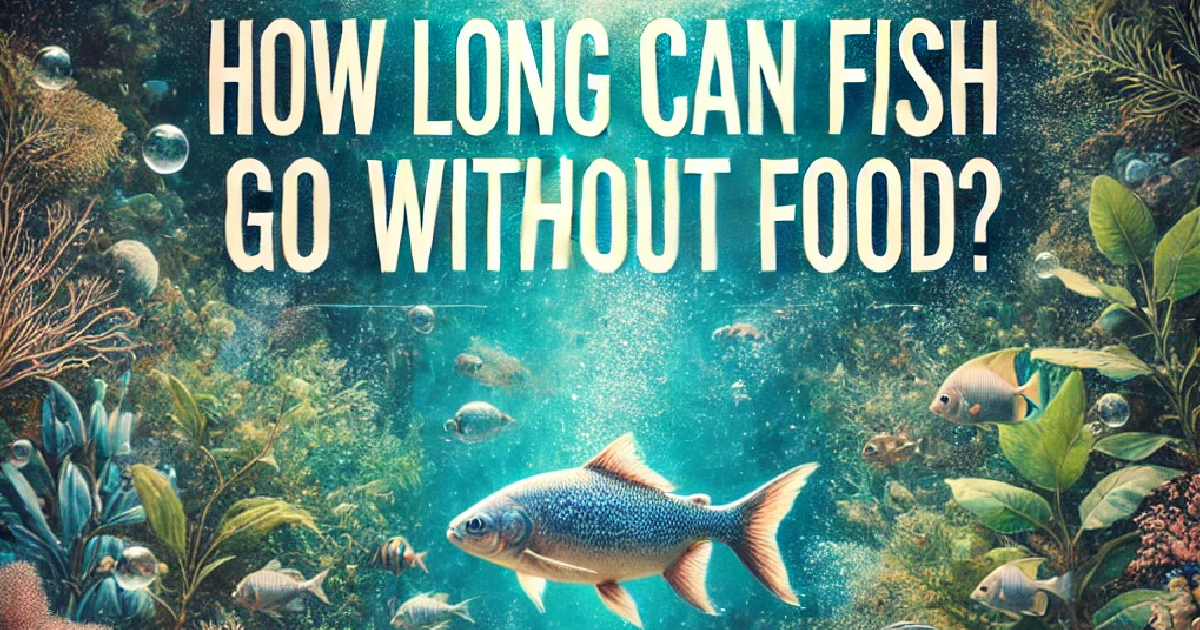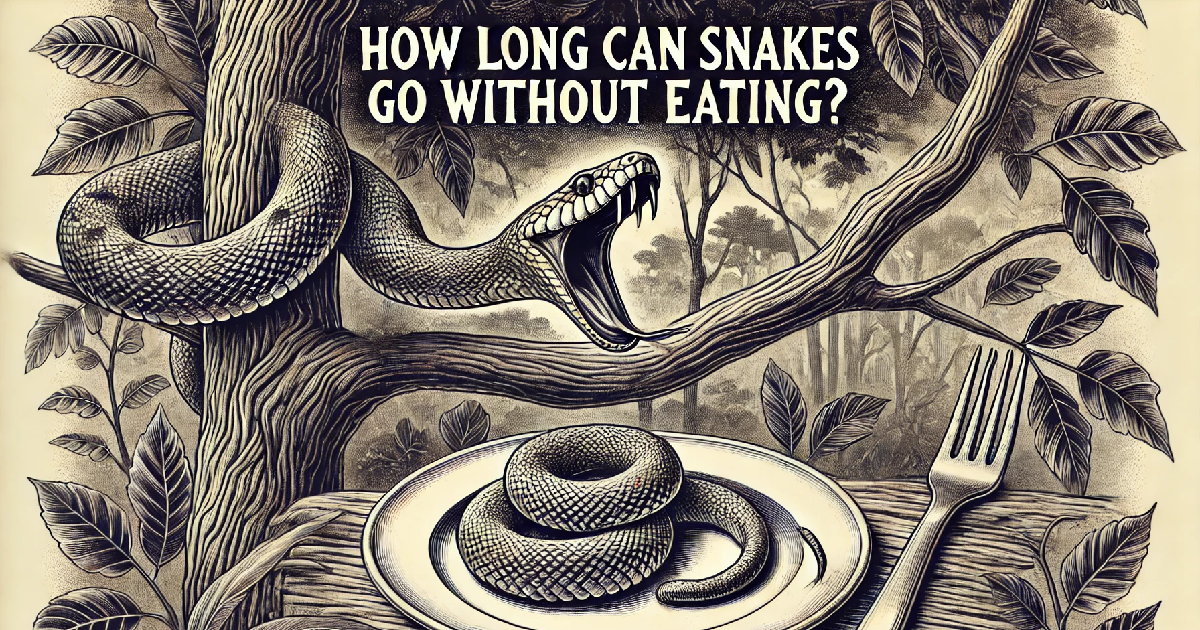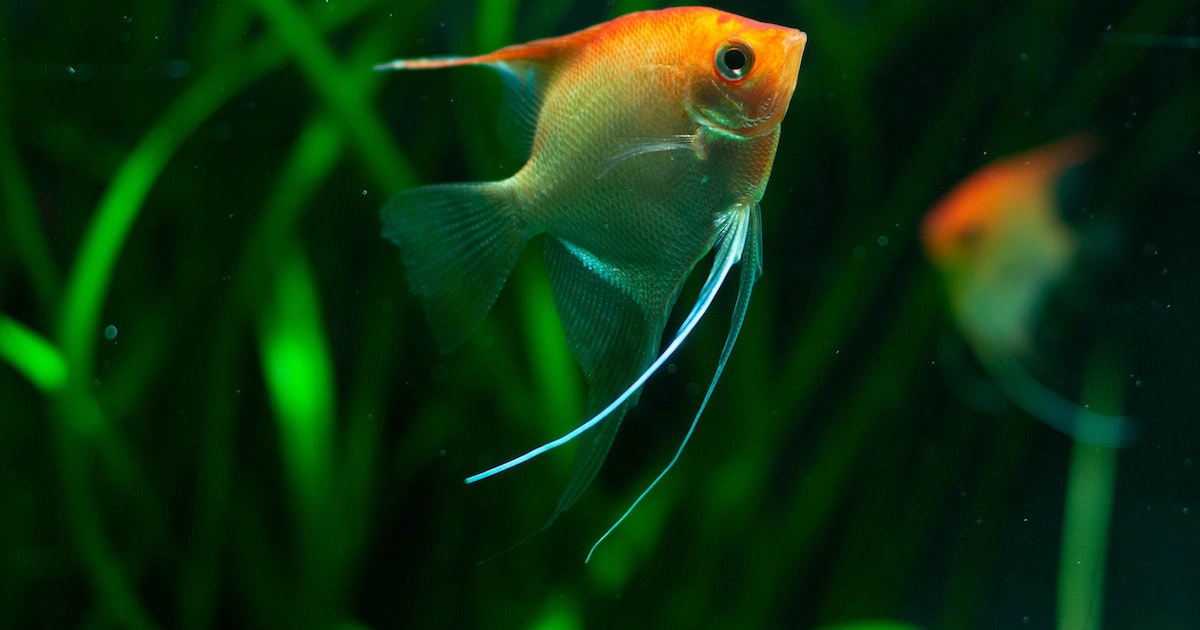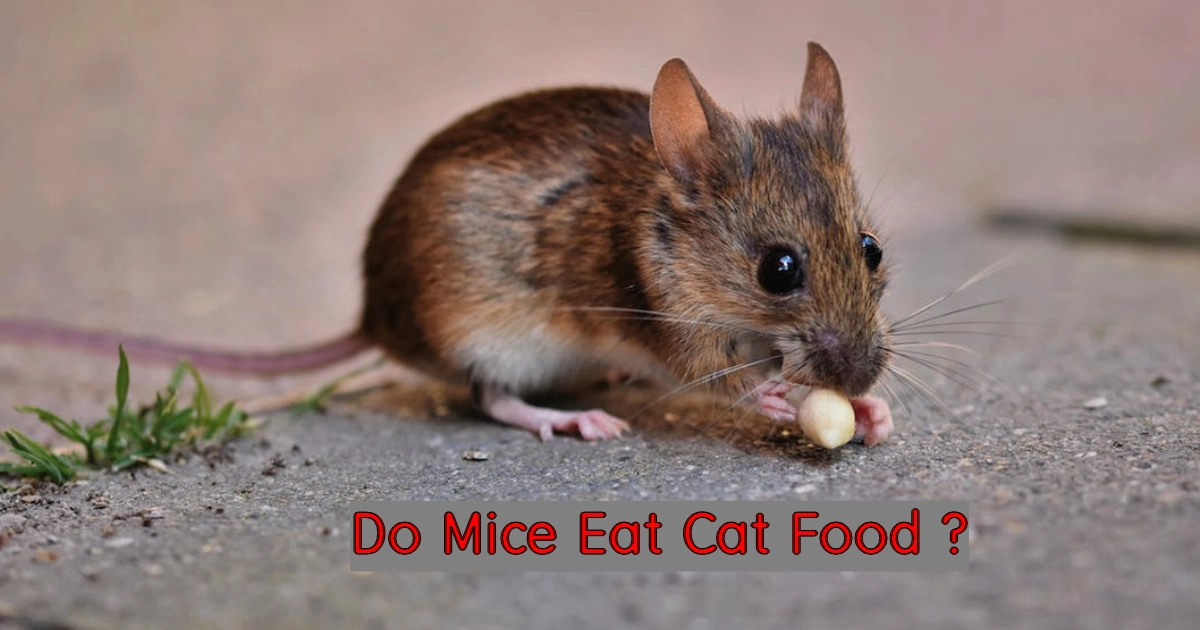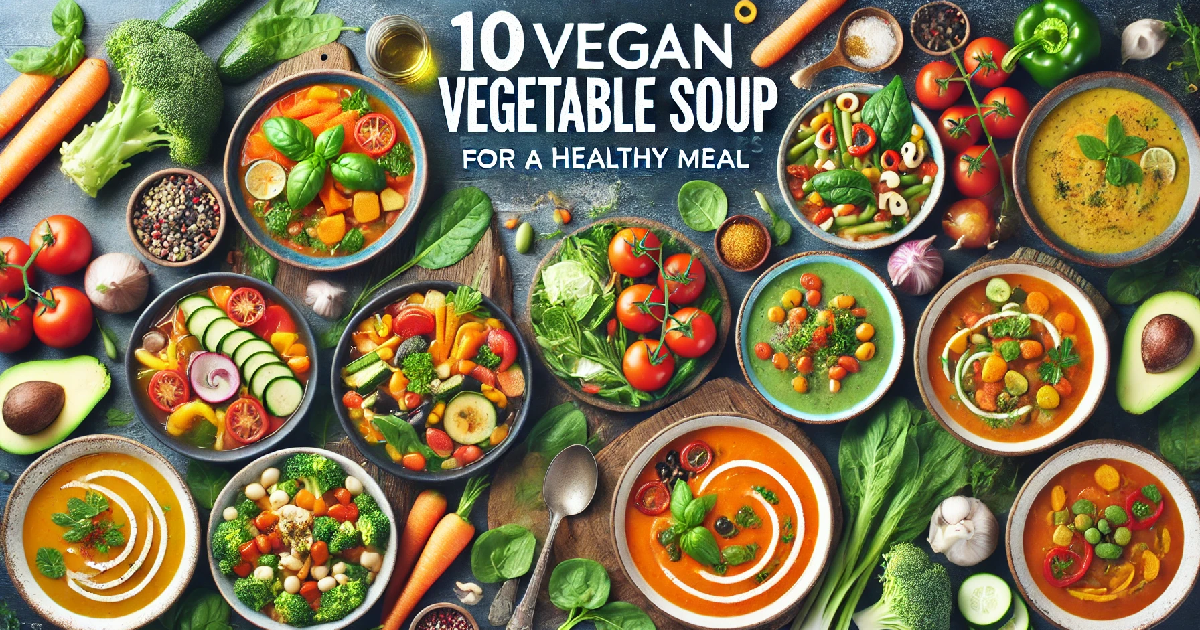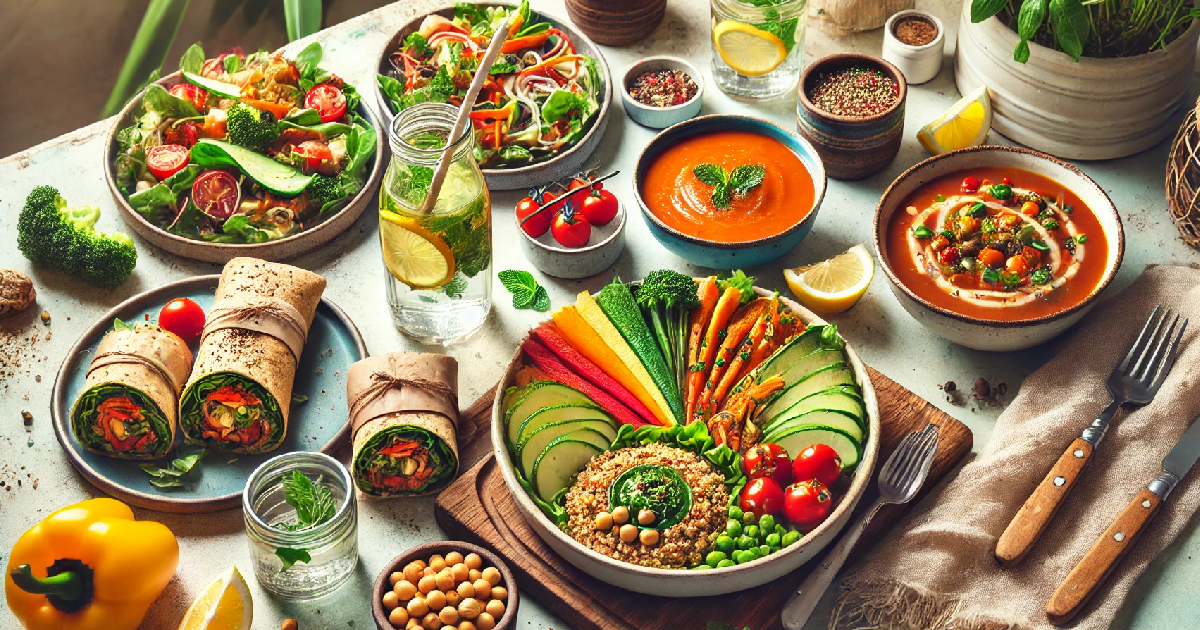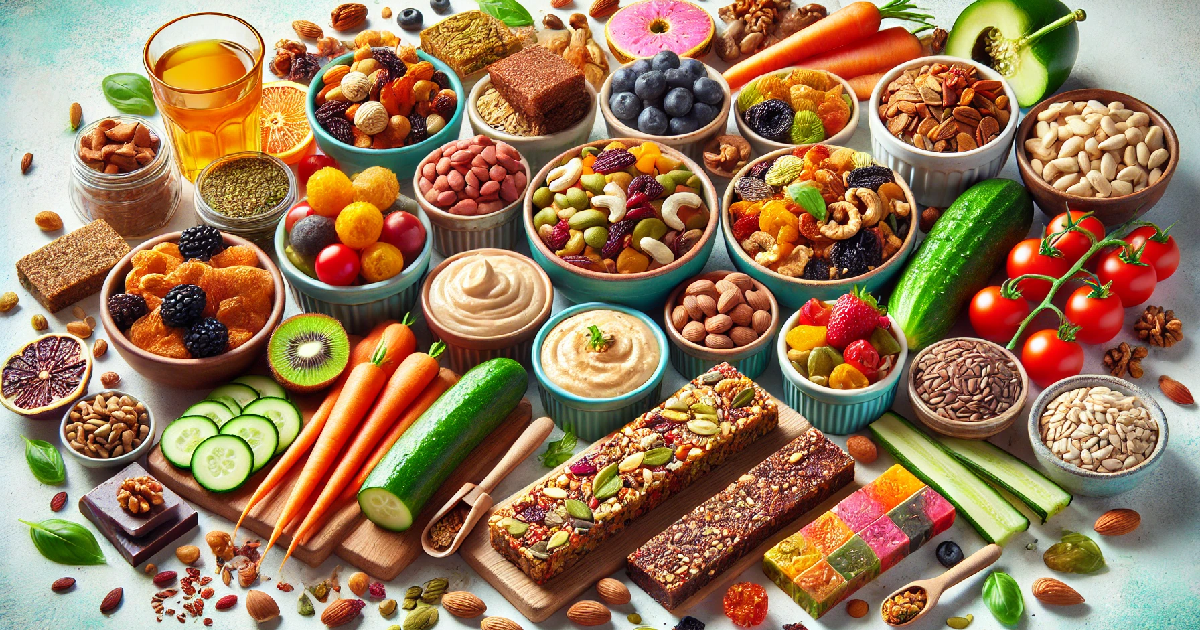Can betta fish eat goldfish diet safely? Join us as we investigate this topic in greater depth to separate fact from fiction. Keeping a pet fish is a delightful and rewarding experience, as it brings a touch of aquatic beauty into our lives. Among the wide array of fish species available, two popular choices for aquarium enthusiasts are the betta fish and goldfish. Both exhibit stunning colours and captivating swimming patterns, making them sought-after additions to any aquatic setup. However, it is frequently questioned whether these two distinct species can share the same sustenance.
When it comes to feeding our finned friends, it is crucial to consider their unique nutritional requirements. Betta fish are primarily carnivorous, thriving on a protein-rich diet that includes small insects and larvae found in their natural habitats. On the contrary, goldfish are omnivorous and consume a variety of foods, such as plants, insects, and small crustaceans.
Here lies the crux of the matter: Can betta fish safely eat goldfish food? Many fish owners, seeking convenience or cost-effectiveness, might consider feeding their bettas the same pellets or flakes they offer their goldfish. But is it a suitable choice for their health and well-being?
In this blog, we will investigate the dietary requirements of both betta fish and goldfish, focusing on the distinctive characteristics of their respective diets. We will investigate the potential risks and consequences of feeding bettas goldfish food and cast light on the implications of this practice. Additionally, we will provide alternative feeding options for betta fish, ensuring their dietary requirements are met in a way that supports their optimal growth and overall health.
The Betta Fish Diet
It is not recommended to feed a betta fish goldfish food. While both species are freshwater fish, they have different nutritional needs. Goldfish require a diet that is high in carbohydrates and low in protein.
Betta fish are carnivorous, and their natural diet consists of small insects, larvae, and crustaceans. Therefore, feeding them a high-quality pellet or frozen food containing at least 40% protein is essential. These foods are specifically formulated for bettas and provide nutrients for their growth and overall health.
Feeding your betta goldfish food can lead to malnourishment and even death over time. It is important to remember that each type of fish has its dietary requirements, so it’s always best to research before feeding them any food.
Goldfish food for Bettas?
Betta fish and goldfish have different dietary needs. Betta fish are carnivorous, while goldfish are omnivores. Feeding a betta fish goldfish food is not advised since it might not contain the nutrients necessary for their growth and development. Goldfish food usually contains a lot of carbohydrates that bettas do not need in their diet.
Moreover, feeding your betta with goldfish food can cause digestive problems leading to constipation or bloating, which can be life-threatening if left untreated. The size of the pellets is also a concern since goldfish food tends to be bigger than what bettas can swallow comfortably. Uneaten food can accumulate on the bottom of the tank, causing water quality issues.
Risks of Feeding Your Betta Goldfish Food
Feeding your betta goldfish food may seem convenient, but it can come with risks. Goldfish food is typically formulated for the dietary needs of goldfish, which differ from those of bettas. Betta fish require a high-protein diet rich in amino acids to support their active lifestyle and optimal health.
Goldfish food contains lower levels of protein and higher levels of carbohydrates than what betta fish need. Feeding your betta this type of food regularly can lead to malnourishment, stunted growth, and even organ failure over time. It can also cause digestive issues such as bloating and constipation, leading to discomfort and potentially fatal conditions.
Moreover, goldfish food often contains fillers such as wheat or soy that do not provide nutritional value to your betta. These filters can create water quality issues in your tank by increasing the waste your fish produces.
Alternative Foods for Your Betta
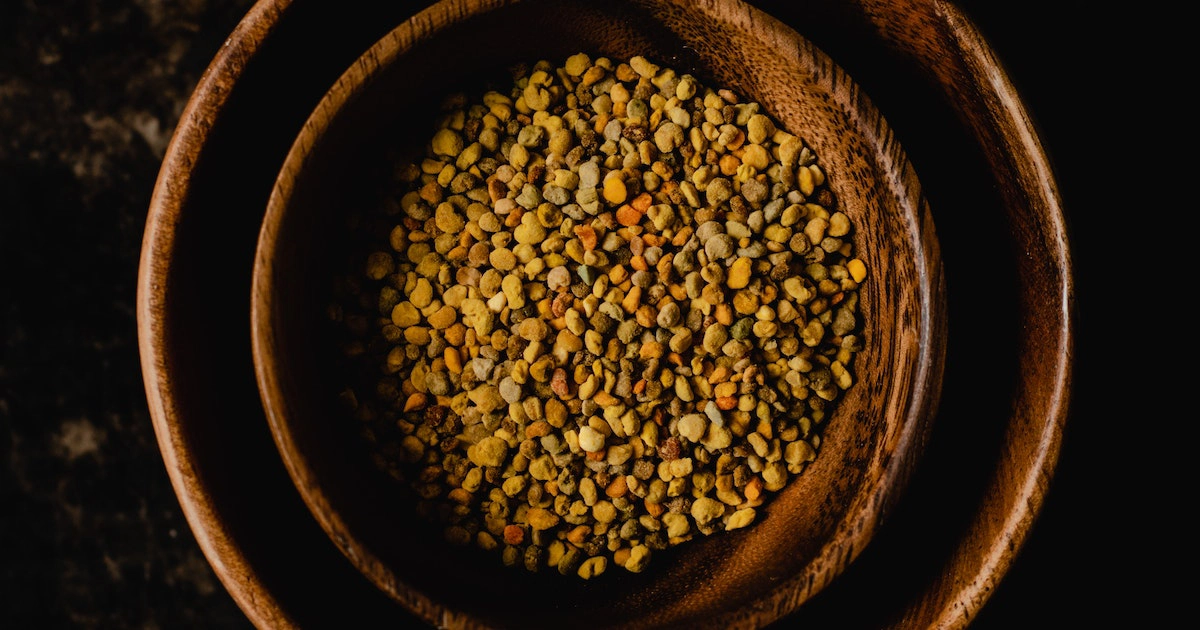
Betta fish have a diverse diet and can eat a variety of foods. It may be tempting to feed your betta goldfish, but it is not advisable because goldfish food does not provide the nutrients a betta needs to stay healthy. Instead, consider feeding your betta high-quality pellets or flake food specifically made for them.
In addition to commercial fish foods, you can offer alternative protein sources such as freeze-dried or live brine shrimp, bloodworms, and daphnia. These options mimic their natural diet in the wild and provide essential vitamins and minerals that help maintain their vibrant colours and overall health.
Vegetables such as blanched spinach or zucchini can also be offered as occasional treats to supplement their diet. It is essential to avoid overfeeding your betta as they have small stomachs and are prone to obesity. A balanced diet and regular water changes will ensure your betta lives a healthy life.
What Happens When a Betta Fish Eats Only Goldfish Food?
Betta fish are carnivorous and require a high-protein diet to thrive. On the other hand, goldfish food is designed for herbivorous species that need more plant-based nutrients in their diet. If a betta fish only eats goldfish food, it may need more protein to maintain good health. This can lead to malnourishment, stunted growth, and weakened immune systems.
Goldfish food also typically includes larger flakes or pellets than those made for betta fish. These can be difficult for bettas to chew and digest properly, leading to digestive issues such as constipation or even swim bladder disease. In some cases, bettas may refuse to eat goldfish food altogether due to its texture and taste.
If you have goldfish and bettas in the same tank, it’s important to ensure each species is fed according to their specific dietary needs. Separate feeding times and segregated feeding areas can prevent any accidental cross-contamination of food.
Can All Fish Have Goldfish Food?
Goldfish food is a popular type of fish food that is readily available in most pet stores. It is specifically formulated to meet the dietary needs of goldfish, which require a higher level of carbohydrates and lower levels of protein than other fish types. This begs the question of whether goldfish food is suitable for all fish, though. One such species that often comes into question is betta fish.
Betta fish are carnivorous and require high levels of protein in their diet. While goldfish food may contain some protein, more is needed to meet the dietary requirements of betta fish. Additionally, bettas have smaller mouths than goldfish and may struggle to eat larger pellets meant for goldfish. Therefore, while betta fish can eat goldfish food in small quantities occasionally, they shouldn’t rely on it as their primary food source.
In conclusion, not all types of fish can have goldfish food as their sole source of nutrition. Different species have different dietary requirements that must be met with specific types and amounts of nutrients. While some types of fish may tolerate eating small amounts of goldfish food occasionally, it’s important to research each species’ dietary needs before choosing an appropriate type and amount of food for them.
What is Goldfish Food Made of?
Goldfish food is typically made up of a combination of protein, carbohydrates, and fats. The primary source of protein comes from fish meals or shrimp meals, while the carbohydrates usually come from plant-based sources such as soybean meal or wheat flour. Fats are added to provide energy and can come from animal or vegetable sources.
While goldfish food is explicitly formulated for goldfish, it is not recommended to feed it to betta fish. Betta fish have different nutritional requirements than goldfish and need more protein in their diet. Feeding them goldfish food may cause malnutrition and other health problems.
It’s essential to select the appropriate kind. Food for your fish species to ensure they receive the proper nutrition for optimal health and growth. Consult a veterinarian or aquatic specialist if you need help determining what type of food your fish should eat.
How Long Can Bettas Go Without Food?
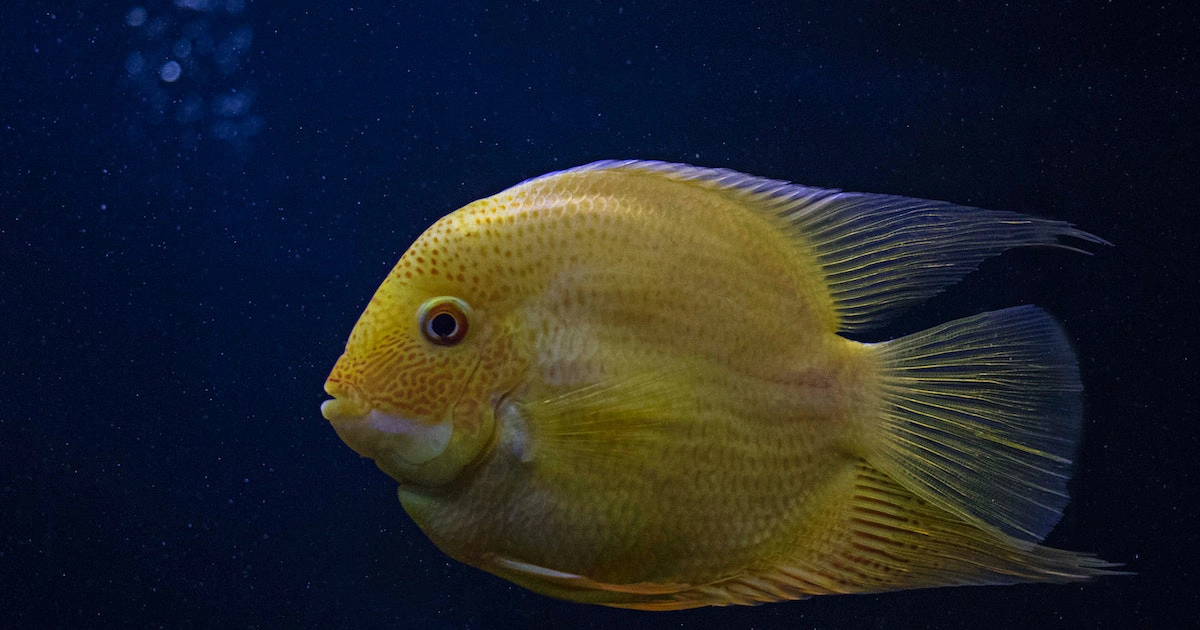
Betta fish may go up to two weeks without eating. However, it is not recommended to leave them unfed for that long. Bettas are carnivorous and require a high-protein diet with lots of variety. It is ideal for giving them modest meals twice daily, ensuring they finish everything in under three minutes.
As for goldfish food, it is not suitable for bettas as it needs to contain more protein and nutrients necessary for their health. Goldfish are omnivorous and have a different digestive system than bettas; therefore, their dietary needs differ significantly. Feeding your betta goldfish food can lead to malnutrition and health problems in the long run.
In summary, while bettas can survive without food for some time, providing them with a balanced diet rich in protein and nutrients specific to their species is crucial. Feeding them inappropriate foods like goldfish flakes or pellets can also cause health complications. Therefore, it’s essential to research the correct type of food before introducing anything new into your betta’s diet plan.
Can Betta Fish Live With Goldfish?
It is not recommended to keep betta fish and goldfish together in the same tank. Goldfish require cooler water temperatures than bettas and produce a lot of waste, which can cause poor water quality for the betta. Additionally, goldfish are known to be aggressive towards other fish and may nip at the fins of the betta.
In terms of feeding, it is not ideal to give a betta fish goldfish food. Betta fish have specific dietary requirements and need a high-protein diet with minimal carbohydrates. Goldfish food typically contains more carbohydrates than protein, which can lead to health issues for the betta over time. Sticking with specialized betta pellets or flakes tailored specifically for their nutritional needs is best.
While mixing different species of fish in one tank may seem attractive, it’s important to consider their individual needs before making any decisions. Betta fish should be kept in their own tank or with compatible peaceful species that share similar water temperature and environmental requirements.
Is a Betta Fish Better Than a Goldfish?
Betta fish and goldfish are two of the most popular choices for pet fish. However, they have different care requirements. Betta fish are tropical fish that need warm water and specific types of food, while goldfish thrive in colder water and have their own dietary needs. Thus, it is not recommended to feed betta fish with goldfish food as it may not provide the necessary nutrients they require.
Moreover, while both betta and goldfish can be kept in small tanks or bowls, it is important to note that neither should be kept in an unfiltered bowl or vase. Betta fish require at least a 2.5-gallon tank with a filter, heater, and regular water changes, while goldfish need even larger tanks with appropriate filtration systems due to their large size and high waste production.
In conclusion, depending on the conditions and the individual’s tastes, a goldfish may be preferable to a betta fish. However, it is essential to understand their differences when choosing which one to keep as a pet. And when it comes to feeding time – keep their meals the same!
Care Guide for Betta Fish
It is not recommended to feed a betta fish goldfish food. Goldfish food typically contains high amounts of protein and fat, which can lead to bloating and digestive issues in bettas. Instead, it is important to provide a balanced diet for your betta fish that includes specialized betta pellets or flakes.
Betta fish are carnivorous and require a protein-rich diet. Look for pellets or flakes that contain at least 35% crude protein, as well as other essential nutrients such as vitamins and minerals. Additionally, you can add frozen or live meals, like brine shrimp or bloodworms, to their diet.
Remember to feed your betta fish in small portions twice daily, removing any uneaten food after a few minutes to prevent overfeeding and water pollution. A varied diet with proper nutrition is essential in keeping your betta healthy and happy!
Do Betta Fish Get Lonely
Betta fish are typically solitary creatures, meaning they do not need the company of other fish to be happy and healthy. Keeping multiple bettas in the same tank can often lead to aggression and fighting. However, this does not mean that bettas should be completely isolated. They still require proper care, such as a clean tank with plenty of hiding spots and stimulation through toys or live plants.
Regarding feeding, betta fish have specific dietary needs that differ from those of goldfish. While both species are omnivores, goldfish food typically lacks the necessary protein content for bettas. Betta-specific food is readily available at most pet stores and should be the primary source of nutrition for these fish. It’s important to note that overfeeding can lead to health problems for both bettas and goldfish alike, so providing appropriate portions is crucial for their overall well-being.
How Frequently Ought I To Feed My Betta Fish?
Betta fish require a specific diet that meets their nutritional needs. It is recommended to feed them twice a day in small portions that they can consume within 2-3 minutes. Constipation and obesity are two health issues that can result from overeating. Betta fish are carnivorous and need a protein-rich diet, so feeding them goldfish food is unsuitable for their health.
Goldfish food contains mostly carbohydrates and lacks the necessary proteins betta fish require, which can result in malnutrition. In addition, some goldfish food may contain colour enhancers harmful to betta fish. It is best to provide your betta with a high-quality commercial bettas pellet or frozen/live foods like bloodworms or brine shrimp.
Overall, it’s important to establish a consistent feeding schedule for your betta fish while also providing them with the appropriate nutrients needed for optimal health and well-being. Avoid overfeeding and ensure their diet has proper nutritional values by sticking with recommended commercial pellets or live/frozen options designed specifically for bettas.
Conclusion: Tailoring Your Betta’s Diet to Their Specific Needs
In conclusion, tailoring your betta’s diet to their specific needs is crucial. While some bettas may be able to tolerate goldfish food, it is not recommended as a long-term solution. Betta fish require a high-protein diet with plenty of variety to thrive.
One way to ensure your betta gets the proper nutrition is by offering them pellets or flakes designed for bettas. These foods are typically high in protein and contain essential vitamins and minerals that bettas need to stay healthy.
Another option is to supplement your betta’s diet with live or frozen treats such as bloodworms, brine shrimp, or daphnia. These foods can provide additional nutrients lacking in commercial fish food.
Remember, while feeding your betta a varied diet can help keep them healthy and happy, Overeating can result in health complications, including obesity and urinary bladder problems. Be sure to monitor your betta’s feeding habits closely and adjust their diet accordingly if necessary.
FAQ


